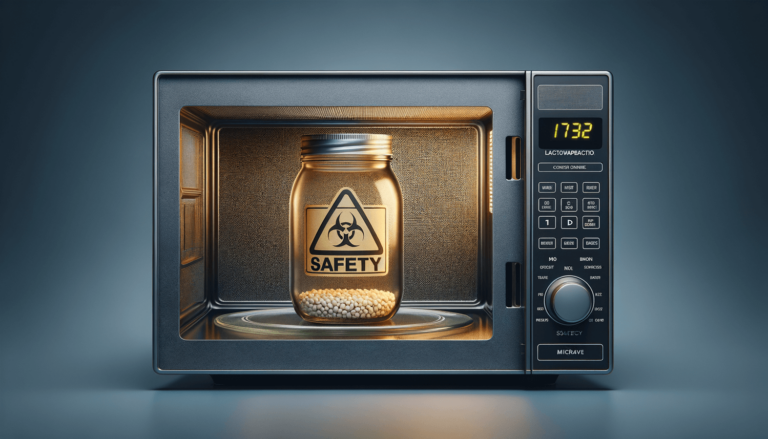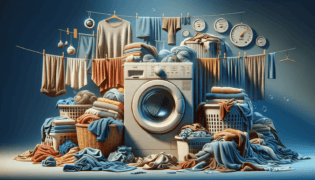

Mason jars are generally safe for microwave use if they are marked as microwave-safe by the manufacturer. However, most mason jars are not tempered for heat and can crack or shatter due to sudden temperature changes. Always check for a microwave-safe label and avoid microwaving jars with metal lids. Using a microwave-safe cover and intermittent heating can help prevent accidents.
Quick Summary
At Setting King, we’re dedicated to providing you with the trusted advice you need when navigating kitchen safety. Understanding whether mason jars are microwave safe is important for both safety and convenience in your culinary endeavors. Let’s dive deeper into each point to ensure you’re fully informed.
Before attempting to microwave a mason jar, look for a microwave-safe label. This is typically located on the bottom of the jar or on its packaging. Manufacturers test these products to ensure they can withstand microwave heat without damaging the material or the microwave itself. If there’s no label, it’s safer to assume the jar is not suitable for microwave use.
Mason jars, especially those not designed for microwave use, can crack or shatter due to thermal shock. This occurs when the jar experiences a sudden change in temperature (e.g., from room temperature to the heat of the microwave). Such incidents can not only damage your microwave but also pose a safety hazard. Tempered glass or specifically designed microwave-safe jars are less likely to suffer from this issue.
Metal and microwaves do not mix. Mason jars often come with metal lids, which must be removed before microwaving. Metal can spark and cause fires in the microwave, posing a significant risk. Always use a microwave-safe cover, like a paper towel or a microwave-safe plate, instead of the metal lid.
To reduce the risk of cracking or shattering, practice intermittent heating. This involves heating the jar for short durations and stirring the contents (if possible) between intervals. This method helps evenly distribute the heat and reduces the risk of hot spots, which can contribute to breaking the glass.
Another concern with microwaving mason jars, especially those containing food, is the potential for uneven heating. Microwaves heat food unevenly, creating hot spots that can lead to burns or undercooked food. By stirring the contents and allowing them to sit for a minute or two after heating, you can help ensure more even temperature distribution.
In summary, while some mason jars are safe for the microwave, it’s crucial to proceed with caution. Always check for a microwave-safe label, avoid using jars with metal lids in the microwave, and employ safe heating practices. At Setting King, our goal is to ensure you have the necessary knowledge to use your kitchen safely and efficiently. Remember, when in doubt, consult the manufacturer’s guidelines or opt for a container that is explicitly marked as safe for microwave use.